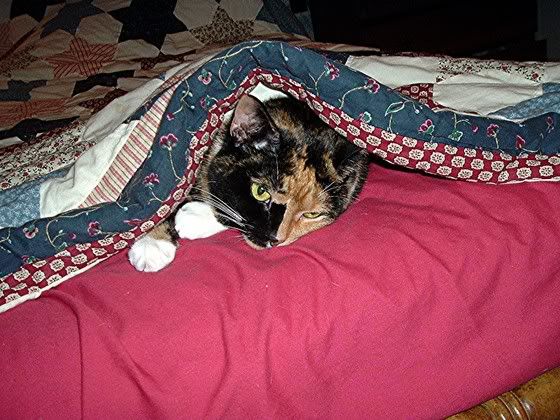Yes, but, folks like MattShizzle seem to have a fundamental lack of understanding about how employers come to exist in the first place.Svartalf wrote:If you're working, it's a wage.Seth wrote:That's not a wage, that's the dole, and all that does is to create generational servitude to the government. And who, exactly, is going to bother to create all the wealth that's required to give such a standard wage to everyone? When there is no incentive to work hard in order to make a better wage, people quickly begin doing the least amount of work possible. If you give it to them for not working at all, as you are suggesting, nobody will work and no wealth will be created and the society will quickly fail. Just ask the Soviet Union how it worked out for them.MattShizzle wrote:I think everyoneone should make exactly the same wage - regardless of job or lack thereof.
A wage has to be paid by someone, and businesses, even big businesses, don't just print money. They can and do run out of money and can no longer pay people. That happens all the time.
The way businesses are created is that someone with an idea puts his or her own resources, blood, sweat and tears and takes a huge personal risk to start a business. If the business fails, then it's the founder's financial well-being, credit, etc., that is lost. To survive as a going concern, any business must provide a product or service to other people that those other people think is worth parting with the their money for, and the company has to bring in as much or more money as they expend paying for all the fixed and variable costs associated with the business.
Business founders, guys like Steve Jobs, break their backs and work far harder and longer hours to advance their ideas than the average person who punches a clock. If there is no ability to make more money than the clock-puncher, then why would the business founder lose sleep at night - stay up for nights on end to accomplish things - risk homes and resources - spend person finances to fund the business - and otherwise "roll the dice" when the payoff is the same as if he or she did nothing?
Moreover, if people don't have a job, they can't be paid a salary. They can get assistance from the government. However, the government doesn't produce anything, normally. It gets its money from private industry and individuals through taxation. Without a profitable private industry, there are no income taxes (because they won't make any profits to tax), and without an incentive for people to risk their capital and resources, they will not place themselves at risk. They will simply take the easy way to the same money.

